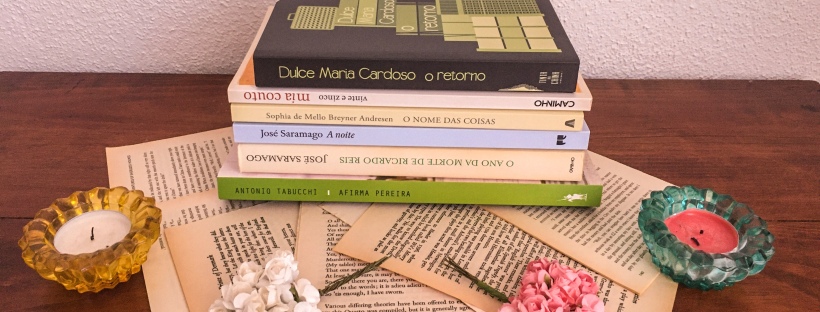On 25 April 1974, tanks took over the streets of Lisbon and carnations were put in gun barrels as a group of young military captains staged a coup. It became known as the Carnation Revolution and put an end to 48 years of dictatorship in Portugal, which consisted of seven years of a military dictatorship, followed by 41 years of the “Estado Novo” regime created by Salazar. The revolution was (almost) bloodless (four civilians were killed by the political police, having one of its officers also died) and became closely linked to the two songs that served as signals to the captains involved – “Depois do Adeus” by Paulo de Carvalho and “Grândola, Vila Morena” by José Afonso.
As we are now celebrating the 50 years of the revolution that overthrew the fascist regime in Portugal, I decided to recommend some appropriate books. However, as I can already picture some type of people eager to claim that the Portuguese dictatorship was not fascist, but “just” authoritarian and conservative, let’s take a quick look into the characteristics of the “Estado Novo” (“New State”) regime beforehand.
Established by António de Oliveira Salazar in 1933, it created an authoritarian state, promoted a strong defence of nationalism and of the concept of homeland. There was only one party (“União Nacional”) with a militia (“A Legião Portuguesa”). The state exerted its repressive power via censorship, a political police force (the officers also had informers everywhere, who were popularly known as “bufos”) and the limiting of freedom of reunion. There was political propaganda and the cult of a leader (Salazar was promoted as a genius). Finally, there was a corporatist organisation of the working relations and society in general, meaning that free trade unions were forbidden, as were strikes, and that it was the economic corporations run by the state that negotiated with employees. All of these are also principles of the fascist ideology of Mussolini, whom at some point Salazar had a picture of in his office. Although the documents of the regime never directly mentioned fascism, the similarities are striking. There was also a lot of arm stretching, if you know what I mean, particularly before the end of the Second World War. In terms of differences, the “Estado Novo” regime was probably not as focused on militarism and there was a much stronger emphasis on Catholicism.
Continue reading








